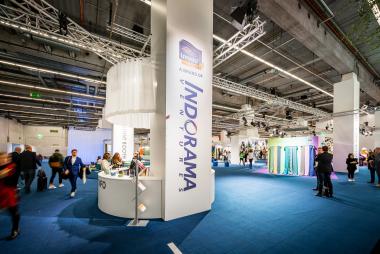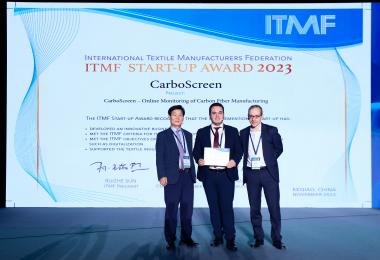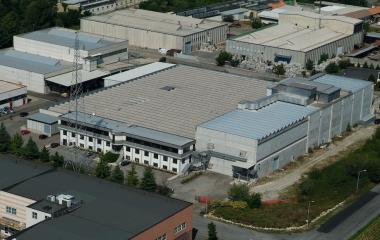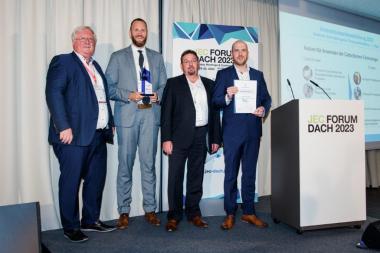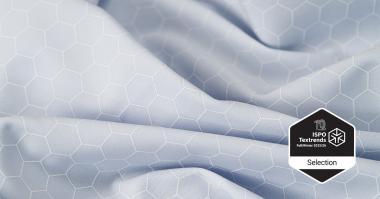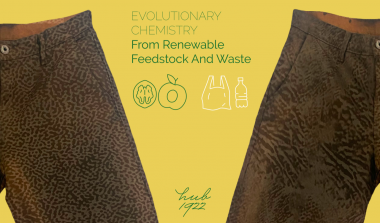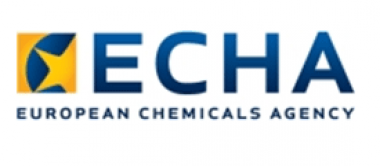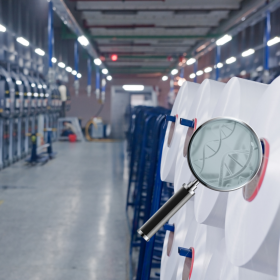INDEX™26: New date in May
Although the dates for INDEX™26 had already been announced (21-24 April 2026), the organiser has decided to postpone the event to May to avoid a scheduling conflict.
INDEX™26 will therefore take place from 19 to 22 May 2026. This will allow exhibitors and visitors to be present at both events.
INDEX
INDEX™ | Organisers Palexpo SA





